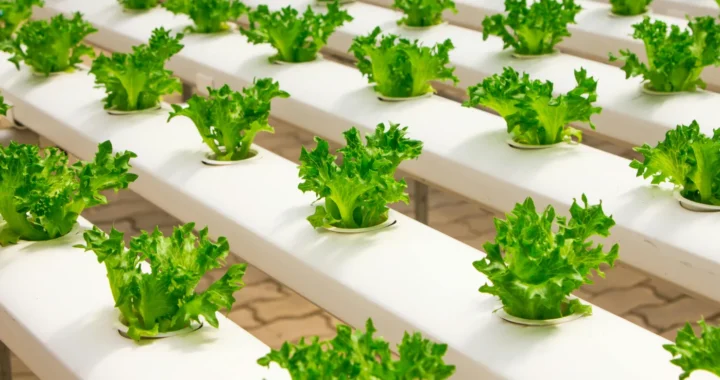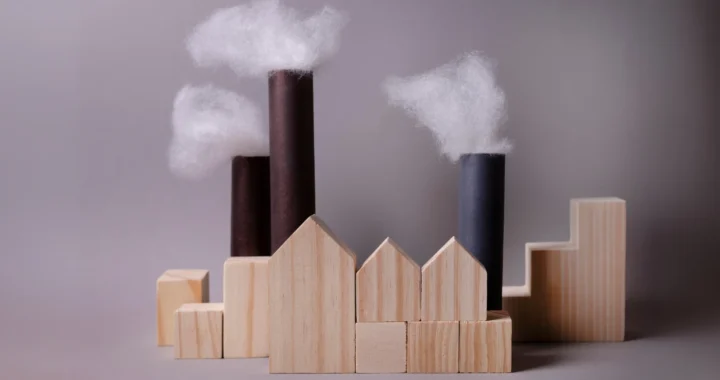Advancing Biodiesel Production with Rubber Seed Oil in Indonesia

Illustration by Irhan Prabasukma.
The development of renewable energy sources has become crucial in light of climate change and continued dependence on fossil fuel sources. One promising solution is biodiesel, which can be produced from non-edible seeds such as rubber seed oil. Utilizing these seeds reduces competition with food crops and offers an effective means to make use of underutilized agricultural resources.
Biodiesel Development in Indonesia
Biodiesel is a renewable, non-toxic, biodegradable fuel that produces lower emissions of carbon monoxide (CO), sulfur dioxide (SO2), and hydrocarbons (HC), making it more environmentally friendly than petroleum-based diesel. It is one of the preferred alternative fuels in Indonesia’s coal phase-out plan.
In a press release from the Coordinating Minister for Economic Affairs of the Republic of Indonesia, it was announced that the biodiesel blending rate has gradually increased over the past seven years: from 15% (B15) in 2015 to 20% (B20) in 2016 to 30% (B30) in 2020.
As a part of the government’s commitment to fostering an inclusive and sustainable energy transition, the mandatory biodiesel blend level has risen to 35% (B35) starting February 1, 2023. This B35 policy is expected to require 13.15 million kiloliters of biodiesel for the domestic industry and is projected to reduce greenhouse gas emissions by 34.9 million tons of CO2.
The good news is, in Indonesia, the development of biodiesel is highly supported by the country’s abundant raw material supply, including rubber seeds. According to data from the Central Statistics Agency (BPS) and the Directorate General of Plantations in 2023, Indonesia ranks as the second-largest producer of rubber plants globally, following Thailand, with 3.5 million hectares of plantation area.
So, utilizing local non-edible oil like rubber seed oil aligns with the Sustainable Development Goals by leveraging natural resources that are often discarded in the value chain.
Innovations in Rubber Seed Oil Production for Biodiesel
The production of biodiesel from rubber seed oil involves a transesterification process that requires a catalyst for improved efficiency. The transesterification process is commonly used to reduce the viscosity of plant-based oil. In enhancing the production of high-quality and sustainable biodiesel, innovations emerge to develop more efficient and environmentally friendly catalyst technologies.
One notable innovation is the use of heterogeneous catalysts. Recent research indicates that the use of heterogeneous KOH catalysts with activated carbon support can enhance the transesterification reaction rate of rubber seed oil, resulting in a significant increase in the conversion of oil to biodiesel conversion compared to conventional KOH usage. Furthermore, this practice has been shown to meet renewable fuel standards, including the flash point of biodiesel. It also brings other advantages, such as being more affordable, easy to separate, and reusable.
However, the use of heterogeneous catalysts faces several challenges that can hinder their effectiveness. These challenges include catalyst stability and the effectiveness of the catalyst with various types of non-edible oils. Moreover, problems like sintering and fouling can reduce catalytic activity over time when it is essential to maintain high stability for consistent biodiesel yields and cost reduction.
The potential of heterogeneous KOH catalysts with activated carbon support in improving biodiesel production from rubber seed oil is substantial, and more research into this topic is needed.
Collective Action for a Sustainable Future
Rubber seed oil has potential advantages to advance energy sustainability and environmental conservation in Indonesia, but tackling challenges related to the development of biodiesel from rubber seed oil requires further research.
Researchers shall continue looking into improving biodiesel production using rubber seed oil, like exploring various strategies to enhance catalyst performance and longevity by developing advanced catalyst formulations and optimizing reaction conditions to improve catalytic efficiency and yield. Meanwhile, it is also important to note the significant impact of rubber plantations on deforestation, proceeding with caution and ecosystem conservation in mind.
Ultimately, it is crucial to consider the broader implications of transitioning to biodiesel, including its effects on greenhouse gas emissions, rural economies, and energy independence. Realizing this greener future requires collective commitment and action from the government, academia, private sector, and society. With adequate support for research and development, Indonesia can harness its local resources to achieve Sustainable Development Goals and promote a sustainable energy system for all.
Editor: Kresentia Madina & Nazalea Kusuma
Publish your thought leadership and insights with Green Network Asia, learn more about our Op-ed Article Guidelines.

Subscribe to Green Network Asia
Strengthen your personal and professional development with cross-sectoral insights on sustainability-related issues and sustainable development across the Asia Pacific and beyond.




 How Plant the Emirates Aims to Support Food Self-Sufficiency in the UAE
How Plant the Emirates Aims to Support Food Self-Sufficiency in the UAE  GRI’s Updated Sustainability Standards on Climate Change and Energy
GRI’s Updated Sustainability Standards on Climate Change and Energy  Looking into Biochar as a Bioremediation Agent
Looking into Biochar as a Bioremediation Agent  Australian Climate Visa for Citizens of Tuvalu: Showcasing cross-border partnership in light of the climate crisis
Australian Climate Visa for Citizens of Tuvalu: Showcasing cross-border partnership in light of the climate crisis  Nickel Mining in Raja Ampat and the Widespread Cost of Natural Resource Exploitation
Nickel Mining in Raja Ampat and the Widespread Cost of Natural Resource Exploitation  Lumbung Sosial: Challenges and Opportunities of Indonesia’s Social Barn Program
Lumbung Sosial: Challenges and Opportunities of Indonesia’s Social Barn Program